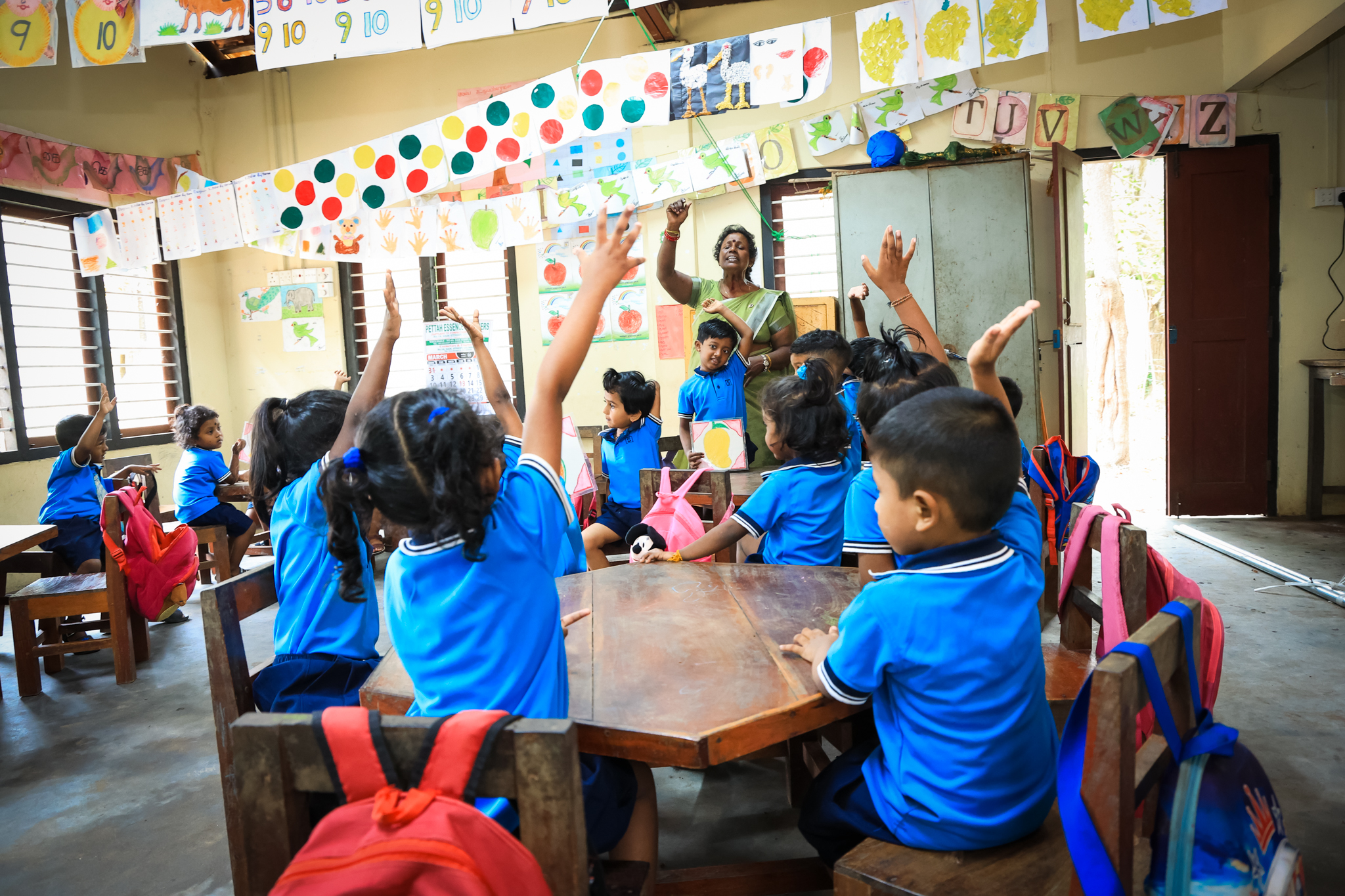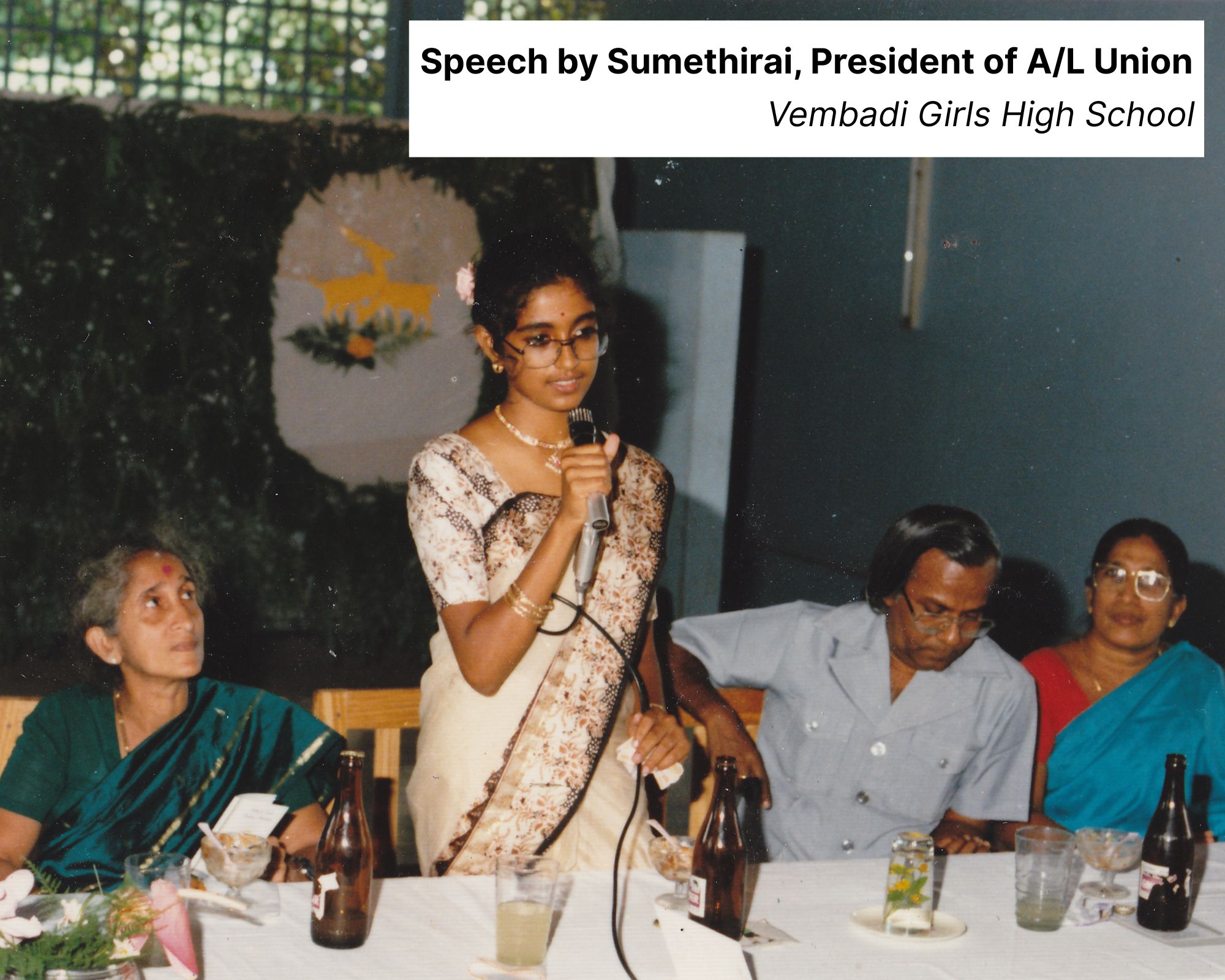Early childhood education lays the foundation for lifelong learning, growth, and personal development. Unfortunately, many families in Sri Lanka, especially in rural or Tamil-speaking communities, struggle to access quality preschool education due to financial constraints, lack of resources, or geographic isolation. Fortunately, several dedicated NGOs are stepping in to fill this gap by providing free, high-quality preschool education, including Tamil early childhood education, that nurtures children’s development and sets them up for future success.
In this article, we highlight the top 5 NGOs making a national impact, serving children from all backgrounds and regions, and showcase their efforts in transforming young lives across Sri Lanka.
Identify your priorities and needs
Before choosing an NGO for preschool education in Sri Lanka, it’s important to clearly outline your priorities and requirements. Here are some key factors to consider:
- Quality of curriculum: Look for an engaging curriculum that blends academic learning with play and creativity, helping children learn effectively.
- Teacher qualifications: Prioritize organizations that employ trained, certified, and experienced educators who specialize in early childhood development.
- Safe and nurturing environment: Ensure the preschool environment is safe, supportive, and conducive to the well-being and emotional growth of young children.
- Comprehensive care: Many NGOs offer additional support, including nutrition programs, healthcare check-ups, and emotional development activities—crucial for holistic child development.
- Affordability and accessibility: Seek NGOs that offer free or affordable preschool education, ensuring greater accessibility for all families, regardless of socioeconomic background.
Organizations like Sumi Foundation incorporate many of these priorities, creating comprehensive preschool education programs designed around children’s diverse needs.
Evaluate the NGO’s reputation and track record
An NGO’s reputation and history provide valuable insights into the quality of its preschool education programs. When evaluating an NGO, consider these key factors:
- Online presence and reviews: Visit their official websites and social media platforms to check feedback from parents and communities they’ve served.
- Success stories and testimonials: Read stories or watch videos demonstrating tangible impacts and improvements in children’s lives, helping confirm an NGO’s effectiveness.
- Community involvement: NGOs with strong community connections often produce sustainable outcomes. Verify if the NGO actively collaborates with local communities or organizations.
For example, Sumi Foundation maintains transparency by openly sharing stories, progress reports, and feedback, clearly reflecting their effectiveness and trust within communities.
Consider accessibility and community involvement
Selecting an NGO that actively engages local communities and prioritizes accessibility is essential, especially in rural areas of Sri Lanka. Community-based NGOs tend to offer programs that are tailored to local needs, ensuring that children receive culturally relevant and context-specific education. Consider these factors when assessing accessibility:
- Location of preschools: Choose NGOs with multiple locations or programs accessible within your community.
- Community collaboration: NGOs that collaborate with parents and local community members often offer stronger support networks and greater sustainability.
- Flexibility and responsiveness: Evaluate how the organization adapts to specific community needs and challenges.
For example, organizations such as the Sumi Foundation, Sarvodaya, and Room to Read have demonstrated strong community engagement by establishing preschools directly in local communities, actively involving parents, and tailoring educational programs to local cultural contexts.
Examine holistic development programs offered by NGOs
A quality preschool NGO goes beyond basic academics. Effective programs support holistic child development, including nutrition, health, emotional well-being, and social skills. When comparing NGOs, consider whether they offer
- Nutrition and healthcare: Look for NGOs that provide nutritional meals and regular health check-ups to ensure overall child wellness.
- Emotional and social development: Evaluate how the NGO supports emotional health through structured social interactions, emotional awareness activities, and play-based learning.
- Parent involvement and education: NGOs offering parent education sessions or involvement opportunities tend to yield better long-term educational outcomes.
Transparency and accountability of NGOs
Transparency is critical when choosing an NGO for preschool education. Trustworthy organizations openly communicate their impact, financial accountability, and operational strategies. Look for transparency indicators such as:
- Annual reports and audits: NGOs should openly publish annual reports, detailing their funding, expenditures, and measurable impact.
- Clear communication: Trustworthy NGOs provide accessible channels for inquiries, ensuring open dialogue with stakeholders and communities.
- Measurable outcomes: NGOs should clearly report on their programs’ successes, sharing measurable results on child development, enrollment numbers, and community impacts.
Why Sumi Foundation stands out in Sri Lanka
While many excellent NGOs serve Sri Lankan communities, Sumi Foundation stands out for its strong commitment to holistic child development, transparency, and comprehensive pre-school education. Their programs offer:
- High-quality preschool curriculum tailored to local needs and delivered by trained educators.
- Integrated nutritional and healthcare support, ensuring children’s overall well-being.
- Strong community engagement, actively involving local parents and communities in educational initiatives.
- Transparency and accountability, clearly documented through regular reporting and open communication channels.
These strengths collectively position Sumi Foundation as a reliable choice for parents seeking the best preschool education NGO in Sri Lanka.
Conclusion
From rural hill country to coastal towns, children across Sri Lanka deserve a strong start through early learning. The NGOs featured here—including those supporting Tamil early childhood education—are closing critical gaps and transforming futures.
Whether you choose to donate, volunteer, or raise awareness, your support helps expand access to free preschool education in Sri Lanka for all children, regardless of background.
Take action today. Visit the NGOs’ official websites to learn more and help shape brighter beginnings.


